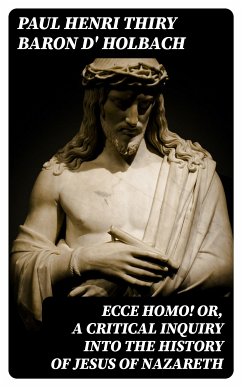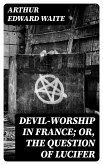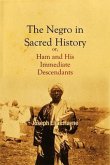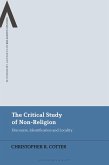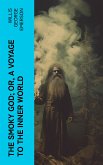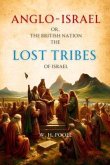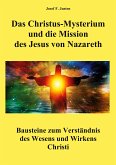In "Ecce Homo! Or, A Critical Inquiry into the History of Jesus of Nazareth," Paul Henri Thiry baron d'Holbach presents a rigorous examination of the historical figure of Jesus, employing a fiercely rationalist perspective characteristic of the Enlightenment era. Holbach's literary style is marked by a passionate critique of religious dogma, utilizing clear, persuasive prose to dissect the Biblical narratives surrounding Jesus. Set against the backdrop of 18th-century skepticism towards traditional religious beliefs, the work challenges the veracity of historical accounts, arguing for a secular understanding of Jesus that transcends theological constructs. Baron d'Holbach, a prominent philosopher and a leading figure of the French Enlightenment, was deeply influenced by the burgeoning scientific rationalism of his time. His atheistic views and commitment to reason were pivotal in shaping this work, as he sought to distribute knowledge and enlightenment in an era dominated by superstition and dogmatic faith. This book reflects his life's mission: to dismantle the unexamined beliefs held by society and advocate for a more empirical approach to understanding morality and human existence. "Ecce Homo!" is highly recommended for readers seeking to engage with foundational critiques of Christianity and Enlightenment thought. D'Holbach's arguments resonate strongly in contemporary discussions about faith, reason, and the role of religion in public life, making this work essential for scholars of philosophy, theology, and history alike.
Dieser Download kann aus rechtlichen Gründen nur mit Rechnungsadresse in A, B, BG, CY, CZ, D, DK, EW, E, FIN, F, GR, H, IRL, I, LT, L, LR, M, NL, PL, P, R, S, SLO, SK ausgeliefert werden.

